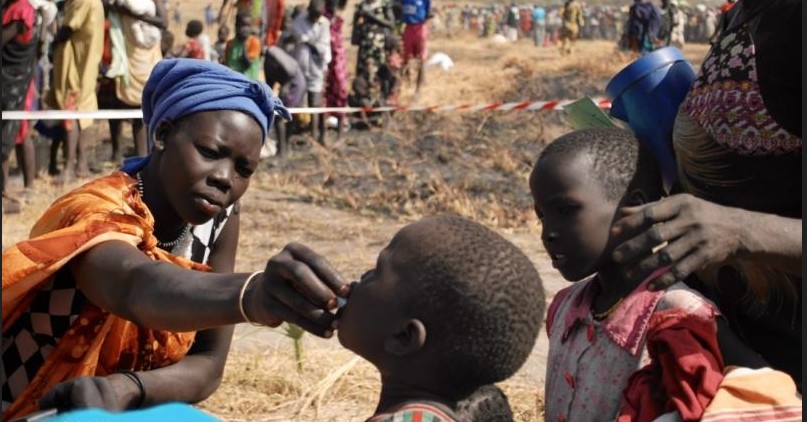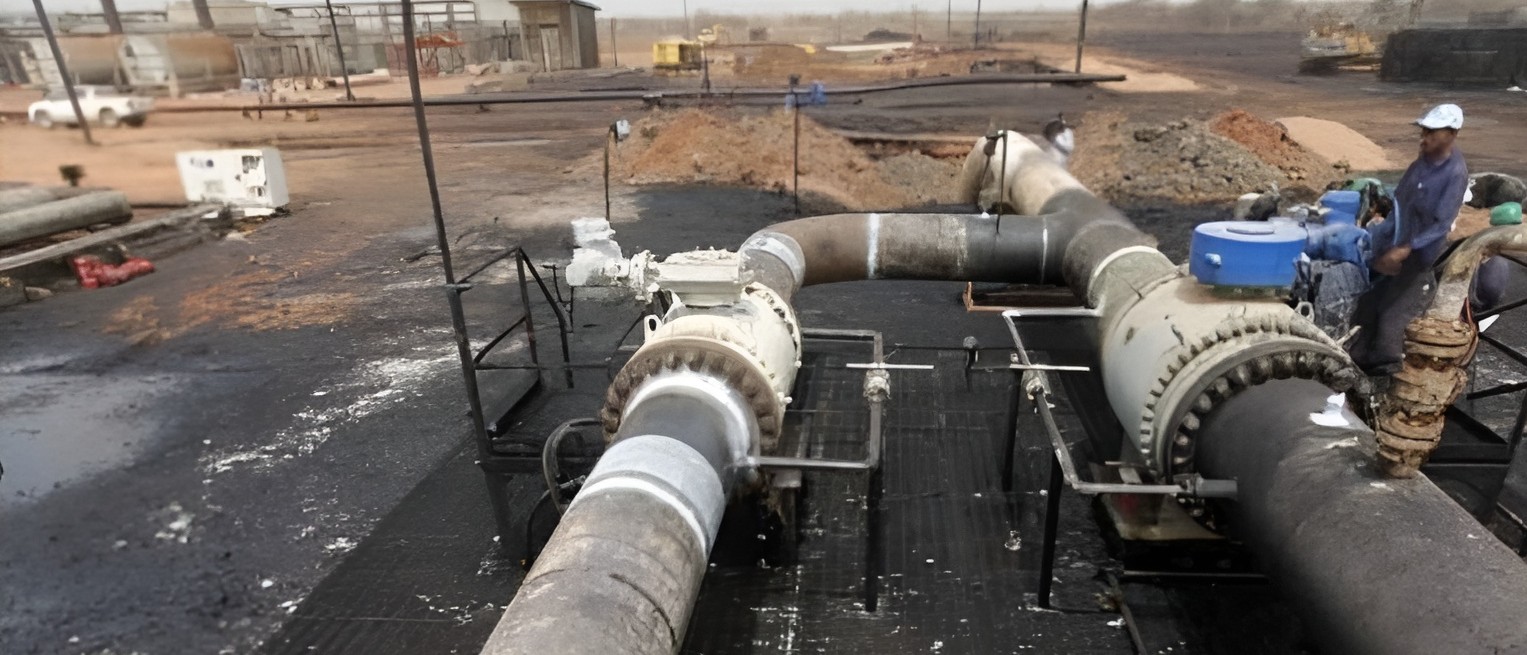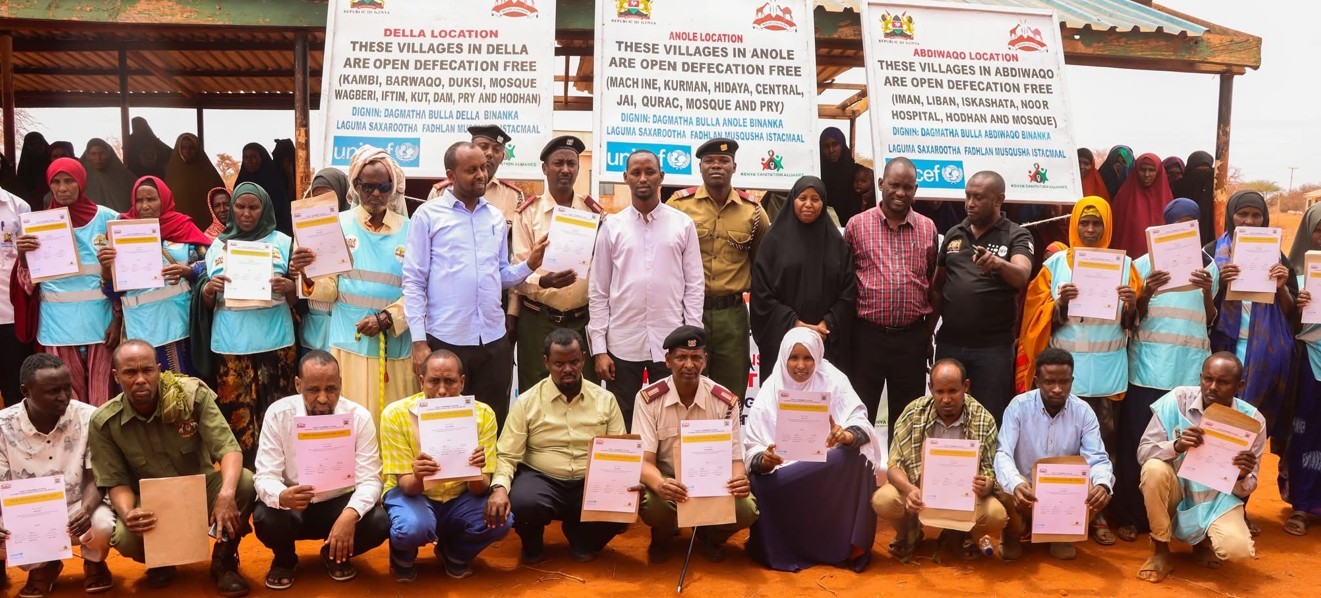Sudan’s cholera outbreak surpasses 100,000 cases amid war and famine

The UN Office for the Coordination of Humanitarian Affairs (OCHA) described it as Sudan’s largest outbreak in years, driven by unsafe water, mass displacement, and the collapse of the health system.
Sudan has recorded more than 100,000 cholera cases in the past year, the United Nations said on Monday, warning that the disease is spreading rapidly as conflict devastates access to clean water and healthcare.
In a statement on X, the UN Office for the Coordination of Humanitarian Affairs (OCHA) described it as Sudan’s largest outbreak in years, driven by unsafe water, mass displacement, and the collapse of the health system.
More To Read
- Sudan halts oil operations in Heglig after RSF drone assaults kill workers
- Sudan Government vows post-war recovery, reconciliation in first Khartoum meeting since 2023 conflict
- Sudan floods kill 10, destroy homes as conflict deepens humanitarian crisis
- Sudan: ‘Devastating tragedy’ for children in El Fasher after 500 days of siege
- Sudanese cabinet holds first meeting in Khartoum since onset of civil war
- Nearly 1.65 million IDPs return home as Sudan displacement numbers fall
“Sudan is facing the world’s largest hunger crisis, while cholera is rampant. Famine has been confirmed in some parts of the country. Over 100k cholera cases in a year—the largest outbreak in recent years,” OCHA said. “We cannot stand by; the people of Sudan need help.”
The Ministry of Health officially declared the epidemic in August 2024, after cases surged in late July. Since then, the disease has spread to nearly all of Sudan’s 18 states, with Khartoum, North Kordofan, and White Nile among the hardest hit.
According to the World Health Organisation (WHO), between January and mid-August 2025, the Ministry of Health recorded 48,768 cases and 1,094 deaths across all 18 states, with a fatality rate of about 2.2 per cent.
Khartoum reported the highest number of infections at 22,225, followed by North Kordofan with 7,394 and White Nile with 5,622.
The outbreak has been fuelled by the war between the Sudanese army and the paramilitary Rapid Support Forces (RSF), which has destroyed clean water systems and electricity infrastructure.
Heavy rains since July have worsened conditions, flooding sanitation networks and mixing sewage with drinking water. Millions of displaced people now live in overcrowded camps with poor hygiene.
The crisis has also spilt into neighbouring Chad, where Sudanese refugees have fled. By August, Chadian health officials had reported 264 cases and 12 deaths.
Local health authorities are attempting to slow the spread through vaccination campaigns. In Khartoum, an oral cholera drive reached more than two million people, reducing daily cases from around 1,500 to just dozens. New campaigns are planned in Darfur, Kordofan, and White Nile.
Top Stories Today











































